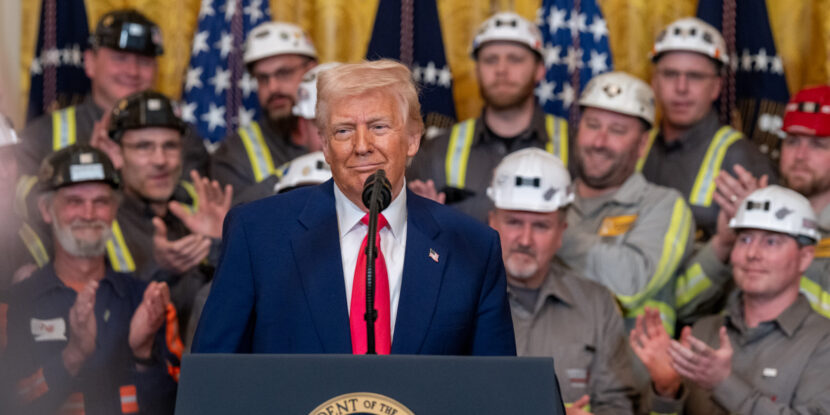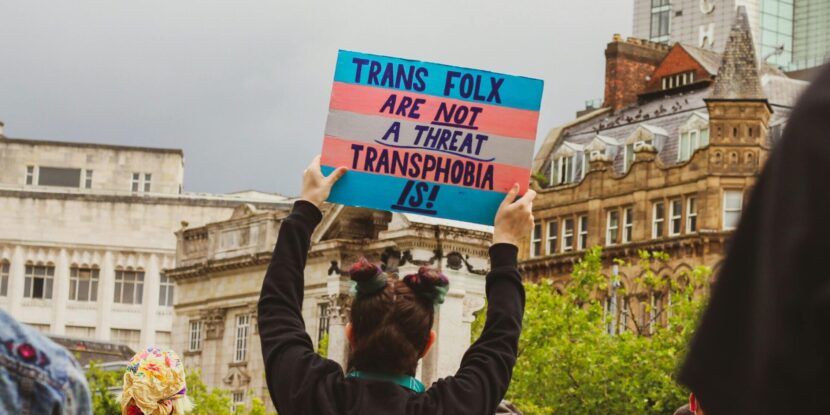PULSE POINTS:




IN FULL:
England goes to the polls today, May 1, with Nigel Farage’s Reform UK positioned ahead, potentially positioning itself to secure seats in various councils.
There are 1,641 council seats across 23 local authorities, including 14 county councils, eight unitary authorities, and one metropolitan borough (Doncaster) in play, as well as six mayoral elections, featuring contests in Greater Lincolnshire, Hull and East Yorkshire, Cambridgeshire & Peterborough, the West of England, Doncaster, and North Tyneside.
Notably, ‘Bad Boy of Brexit’ and long-time Farage ally Arron Banks is up for election as Mayor in the West of England Combined Authority (WECA). Early indications showed Banks as an outsider candidate, though more recently, he has been polling in a position to emerge stunningly victorious, perhaps even to his chagrin.
Voters in the parliamentary constituency of Runcorn & Helsby will also go to the polls today, following a special election triggered by the resignation of Labour Member of Parliament Mike Amesbury, who was convicted earlier this year after assaulting a constituent.
Reform UK seeks to expand its appeal to traditional Labour supporters by advocating for policies such as the renationalization of industries perceived to be failing, including Thames Water. The strategic goal is to erode Labour support while positioning the Reform UK party as a replacement to the Conservatives under Kemi Badenoch’s leadership, without forming a center-right coalition.
The Conservative Party is now under existential pressure. It faces competition from Reform UK in the North and Midlands and the Liberal Democrats in the Southern regions. Kemi Badenoch’s leadership may face challenges should the party see substantial losses in the council seats it currently defends.
The introduction of five-party dynamics, with the rise of the Greens, could result in closely contested council seats, prompting significant implications for future elections. Reform UK’s performance in the upcoming elections will not only signal shifts in political power but also test whether Farage’s party can deliver on its promises or merely expand on electoral rhetoric.
show less




 Key Quote: “Right now, they are worried about whether they can hold their military parade—and rightly so,” said President Zelensky.
Key Quote: “Right now, they are worried about whether they can hold their military parade—and rightly so,” said President Zelensky.






 WHO WAS INVOLVED: Letitia James, Attorney General of New York; Charlie Kirk, conservative activist and founder of Turning Point USA; independent vape manufacturers; former smokers and small business owners.
WHO WAS INVOLVED: Letitia James, Attorney General of New York; Charlie Kirk, conservative activist and founder of Turning Point USA; independent vape manufacturers; former smokers and small business owners. KEY QUOTES: “This isn’t about protecting public health… It’s about scoring political points,” Kirk argued. He accused James of acting as a “political pawn” for Big Tobacco.
KEY QUOTES: “This isn’t about protecting public health… It’s about scoring political points,” Kirk argued. He accused James of acting as a “political pawn” for Big Tobacco. SIGNIFICANCE: Kirk frames James’s actions as a broader pattern of left-wing overreach—one that shields teenagers from conservative ideas but punishes adults seeking harm-reduction alternatives like vaping.
SIGNIFICANCE: Kirk frames James’s actions as a broader pattern of left-wing overreach—one that shields teenagers from conservative ideas but punishes adults seeking harm-reduction alternatives like vaping.


 Breaking
Breaking
